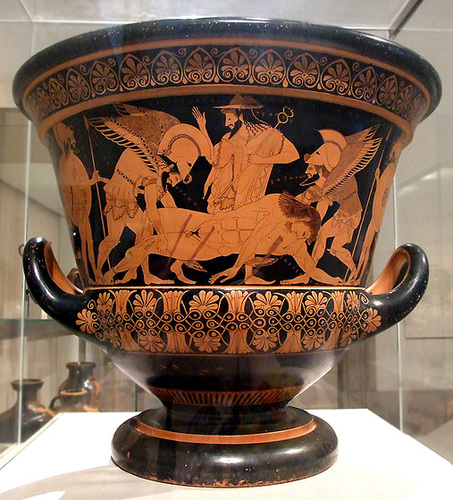
It's astonishingly powerful, this evocation of place, this apple grove in which the love-goddess's sanctuary lies.

It is an invocation, a summoning of the goddess Aphrodite, named here for Cyprus, the island off which she was born from the foam of the sea. In fact there is a (part) poem of hers which was actually discovered written on a potsherd fragment two, as it is known: Part of their appeal is their very fragmentary quality: these beautiful lines and half-lines are like finely decorated potsherds, separated for ever from their fellows – they act as a poignant metaphor, perhaps, of the study of the ancient world itself, the way we try to make a world from beautiful scraps and bits. Of her wonderful poems of love and longing, many are unambiguously homoerotic some are wedding songs. Well, I'll finish this post with another little chunk of the book: a few words about Sappho's fragment two. I was just now reading our Books site's excellent poem of the week, and I was thinking about which poem of Sappho I would put in that slot, and why. Oedipus the King opens at the National Theatre in a couple of weeks – aside from being an almost perfect play in terms of the relentless logic of its structure, it is also the world's first detective story, one in which the detective and the perpetrator, horrifyingly, turn out to be the same person. The dramas of Aeschylus, Sophocles and Euripides still lay down a ridiculously high standard for playwrights today – which is why directors and actors keep returning to them. Plato's Republic (more often discussed than read cover-to-cover) is one of the most terrifying, challenging and bold thought experiments ever to have been dreamed up – and you certainly don't need to be a professional philosopher to be gripped by it. The storytelling of Homer – whose humanity, whose deep understanding of love and loss is utterly unmistakable – is unmatched, for my money, in later literature. They should be as widely enjoyed as Jane Austen or Charles Dickens – and it saddens me that they are not. These authors have left us vivid, exciting, provocative, often devastating, often hilarious reads. 7 years.What underpins the book is my profound belief that the great writers of Greece – such as Homer and Herodotus, Plato and Aristotle, Sophocles and Sappho – are not worthy-but-dull, forbidding authors of dusty, unreadable tomes. Single territory rights for trade books worldwide rights for academic books. Print and/or digital, including use in online academic databases. Web display, social media, apps or blogs. Personal presentation use or non-commercial, non-public use within a company or organization only. Not for commercial use, not for public display, not for resale.

Personal Prints, Cards, Gifts, Reference.


 0 kommentar(er)
0 kommentar(er)
